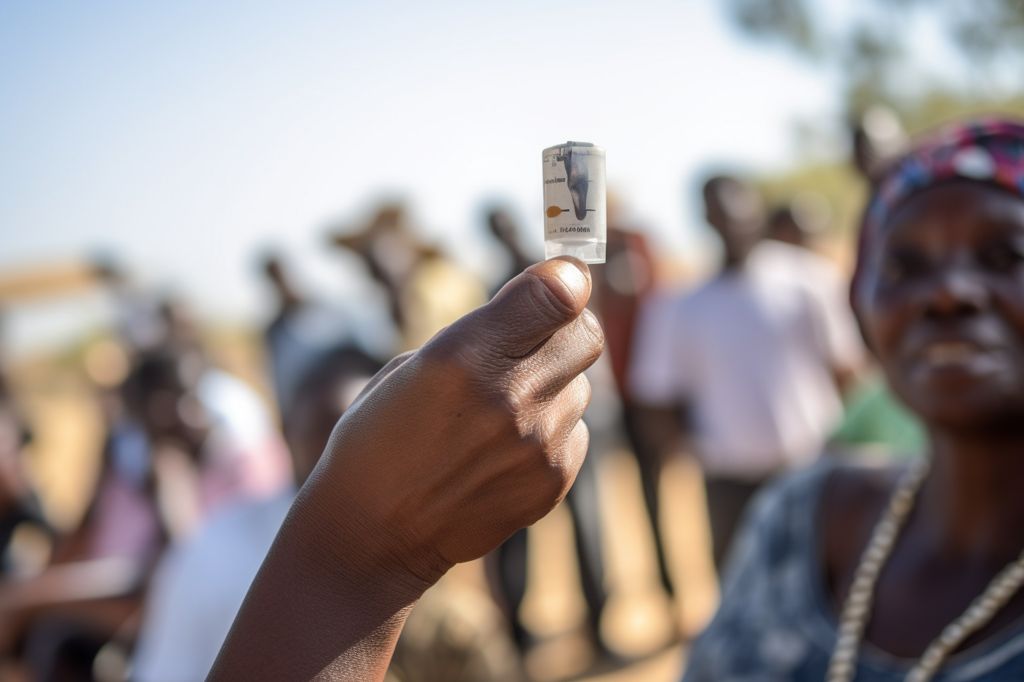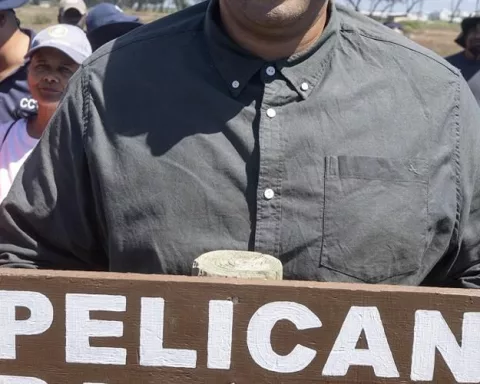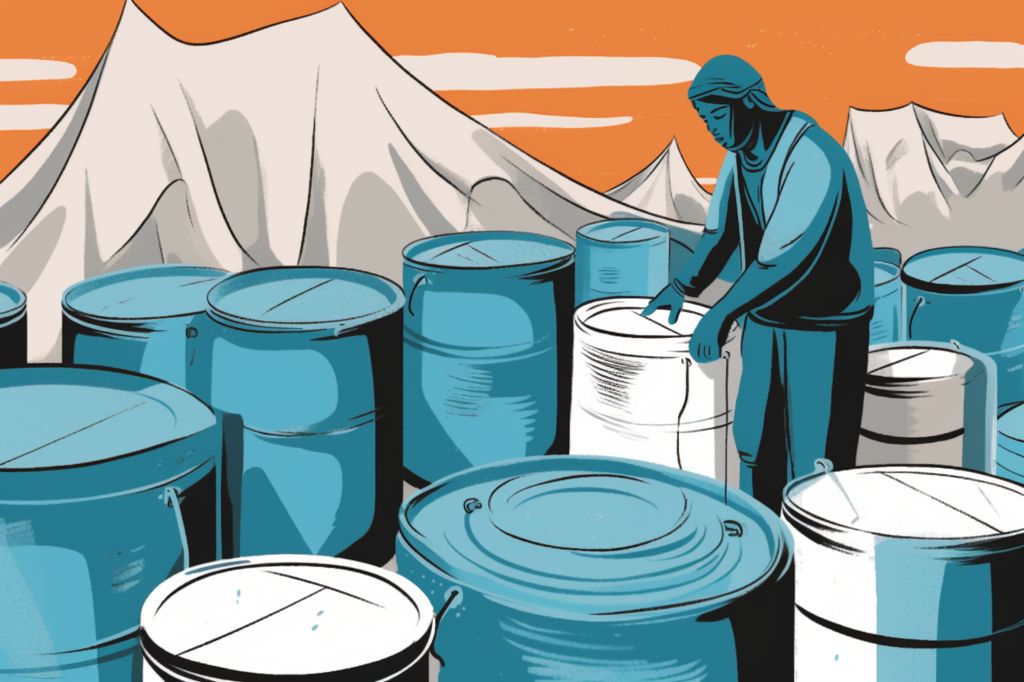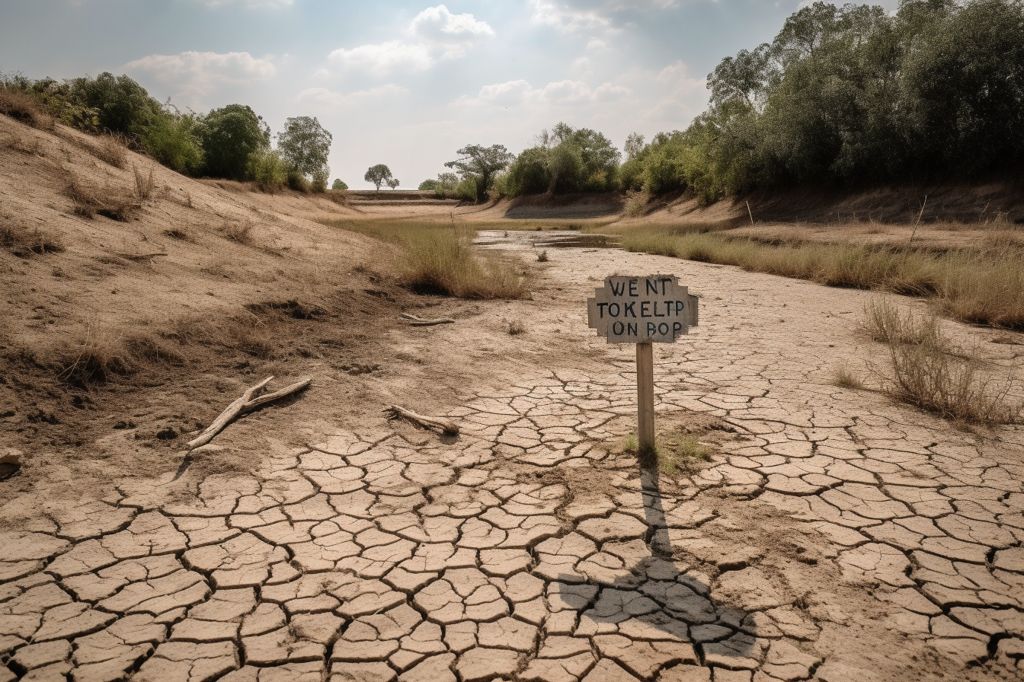The African National Congress (ANC) managed to retain its seat won in the 2021 Municipal Elections, but the Economic Freedom Fighters (EFF) and the Inkatha Freedom Party (IFP) each won a seat that was previously held by the ANC in the provinces of Free State, KwaZulu-Natal, and Western Cape.
EFF Wins in Free State
In ward 17, Dihlabeng Municipality – FS192, Free State, the EFF won with 56.94% of the total votes cast, and Malefetsane Shadrack Mokoena became the new councilor with a voter turnout of 60.66%. The EFF’s vote share increased compared to the 2021 Municipal Elections, when it received 39.69% of the votes.
IFP Wins in KwaZulu-Natal
In ward 19, uMhlabuyalingana Municipality – KZN271, KwaZulu-Natal, the IFP won with 52.90% of the total votes cast, and Phumlani Sifiso Mabika became the new councilor with a voter turnout of 65.23%. The party’s vote share also increased compared to the 2021 Municipal Elections, when it received 41.09% of the votes.
ANC Retains Seat in Western Cape
In ward 05, Overstrand Municipality – WC032, Western Cape, the ANC retained its seat won in the 2021 Municipal Elections with 36.67% of the total votes cast. The new councilor, Bongiwe Gloria Nombula, won in the ward with a voter turnout of 32.58%. However, the party’s vote share decreased from 56.36% in the 2021 Municipal Elections.
Rescheduling of By-Election in KwaZulu-Natal
The by-election in ward 15, Mandeni Municipality – KZN291, KwaZulu-Natal, originally scheduled for April 26th, 2023, has been rescheduled for May 24th, 2023. The rescheduling was due to a change in the proclamation date of the by-election by the KwaZulu-Natal MEC for Cooperative Governance and Traditional Affairs.
Shift in Voting Patterns
The voter turnout was significant in both the Free State and KwaZulu-Natal provinces, with over 60% and over 65%, respectively. The by-elections’ results show a shift in voting patterns, with the EFF and IFP increasing their vote share while the ANC’s vote share decreased.
Encouraging Citizen Participation
The Electoral Commission has encouraged citizens to continue participating in the electoral process and exercising their right to vote. For more information, citizens can visit the Electoral Commission website or follow them on social media.












